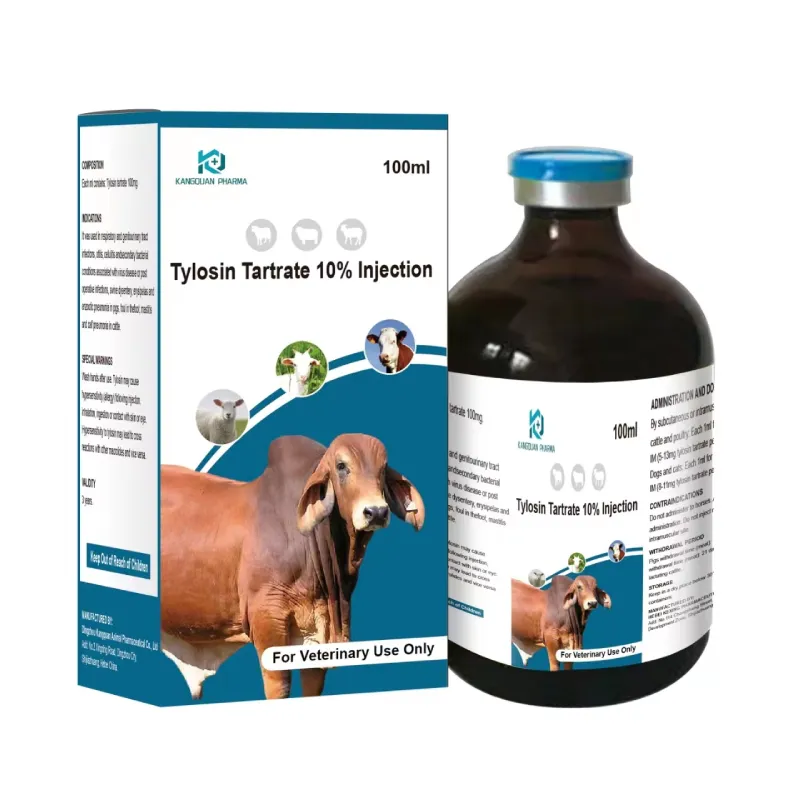- Afrikaans
- Albanian
- Amharic
- Arabic
- Armenian
- Azerbaijani
- Basque
- Belarusian
- Bengali
- Bosnian
- Bulgarian
- Catalan
- Cebuano
- Corsican
- Croatian
- Czech
- Danish
- Dutch
- English
- Esperanto
- Estonian
- Finnish
- French
- Frisian
- Galician
- Georgian
- German
- Greek
- Gujarati
- Haitian Creole
- hausa
- hawaiian
- Hebrew
- Hindi
- Miao
- Hungarian
- Icelandic
- igbo
- Indonesian
- irish
- Italian
- Japanese
- Javanese
- Kannada
- kazakh
- Khmer
- Rwandese
- Korean
- Kurdish
- Kyrgyz
- Lao
- Latin
- Latvian
- Lithuanian
- Luxembourgish
- Macedonian
- Malgashi
- Malay
- Malayalam
- Maltese
- Maori
- Marathi
- Mongolian
- Myanmar
- Nepali
- Norwegian
- Norwegian
- Occitan
- Pashto
- Persian
- Polish
- Portuguese
- Punjabi
- Romanian
- Russian
- Samoan
- Scottish Gaelic
- Serbian
- Sesotho
- Shona
- Sindhi
- Sinhala
- Slovak
- Slovenian
- Somali
- Spanish
- Sundanese
- Swahili
- Swedish
- Tagalog
- Tajik
- Tamil
- Tatar
- Telugu
- Thai
- Turkish
- Turkmen
- Ukrainian
- Urdu
- Uighur
- Uzbek
- Vietnamese
- Welsh
- Bantu
- Yiddish
- Yoruba
- Zulu
9 月 . 28, 2024 11:20 Back to list
Comparison of Oral and Injectable Ivermectin Efficacy and Safety in Treatment Applications
Ivermectin Oral vs. Injection Administration
Ivermectin is an antiparasitic drug that has gained significant attention in recent years for its efficacy against a variety of parasitic infections, including onchocerciasis, lymphatic filariasis, and strongyloidiasis. Increasingly, it has also been explored for its potential antiviral properties, particularly in the context of the COVID-19 pandemic. As the medical community continues to investigate its applications, understanding the differences between oral and injectable formulations of ivermectin is critical for optimizing therapeutic outcomes.
Pharmacokinetics and Dynamics
The primary distinction between oral and injectable ivermectin lies in their pharmacokinetics—how the drug is absorbed, distributed, metabolized, and eliminated from the body. Oral ivermectin is typically administered in tablet form, leading to systemic absorption through the gastrointestinal tract. Upon ingestion, the drug is quickly absorbed, reaching peak plasma concentrations within a few hours. This route is convenient and non-invasive, making it a popular choice for mass drug administration programs targeting parasitic diseases.
In contrast, injectable ivermectin is administered through intramuscular or subcutaneous injection, bypassing the gastrointestinal system. This method provides more immediate access to the systemic circulation, resulting in rapid effects, which can be particularly advantageous in acute situations or for patients who may have difficulty swallowing pills. Furthermore, injectable formulations can be beneficial for ensuring compliance in populations where adherence to oral regimens may be challenging.
Efficacy and Safety
When comparing the efficacy of oral versus injectable ivermectin, studies have shown that both routes can be effective for treating various parasitic infections. However, the specific context of use often determines the preferred administration method. Injectable ivermectin may be favored in cases where rapid action is necessary, such as in the treatment of filariasis-related acute symptomatic episodes.
ivermectin oral vs injection

The safety profiles of both formulations are generally favorable, though some variations can occur. Oral ivermectin is usually well-tolerated; however, side effects can include dizziness, gastrointestinal disturbances, and, in rare cases, neurological effects. Injectable ivermectin, while effective, may carry a higher risk of local reactions at the injection site, along with potential systemic reactions. Ensuring safety and monitoring for adverse effects is crucial, regardless of the administration route.
Cost and Accessibility
Cost and accessibility are significant factors influencing the choice between oral and injectable ivermectin. Oral formulations are typically less expensive to produce and administer, making them ideal for large-scale distribution. This economic advantage has been instrumental in the global fight against neglected tropical diseases, where vast populations can be treated effectively through mass drug administration strategies.
Injectable ivermectin, while potentially offering benefits in specific clinical scenarios, may entail higher costs due to the need for sterile preparation, medical personnel for administration, and logistics related to injectable delivery systems. Therefore, for many healthcare systems, especially in resource-limited settings, oral ivermectin remains the more practical and accessible option.
Conclusion
In conclusion, both oral and injectable ivermectin have unique advantages and limitations that influence their use in clinical practice. Oral administration offers convenience and widespread accessibility, making it ideal for mass treatment programs. In contrast, injectable ivermectin may provide rapid efficacy in acute situations but comes with added costs and logistical challenges. Ultimately, the choice between these formulations should be guided by the specific clinical context, patient needs, and resource availability. As research continues to evolve, the medical community must remain informed about these differences to ensure the most effective use of ivermectin in tackling parasitic infections and beyond.
-
The Power of Radix Isatidis Extract for Your Health and Wellness
NewsOct.29,2024
-
Neomycin Sulfate Soluble Powder: A Versatile Solution for Pet Health
NewsOct.29,2024
-
Lincomycin Hydrochloride Soluble Powder – The Essential Solution
NewsOct.29,2024
-
Garamycin Gentamicin Sulfate for Effective Infection Control
NewsOct.29,2024
-
Doxycycline Hyclate Soluble Powder: Your Antibiotic Needs
NewsOct.29,2024
-
Tilmicosin Premix: The Ultimate Solution for Poultry Health
NewsOct.29,2024













